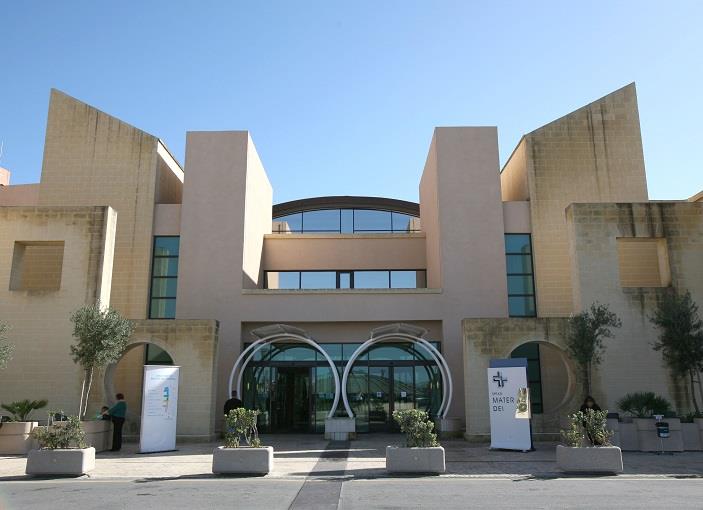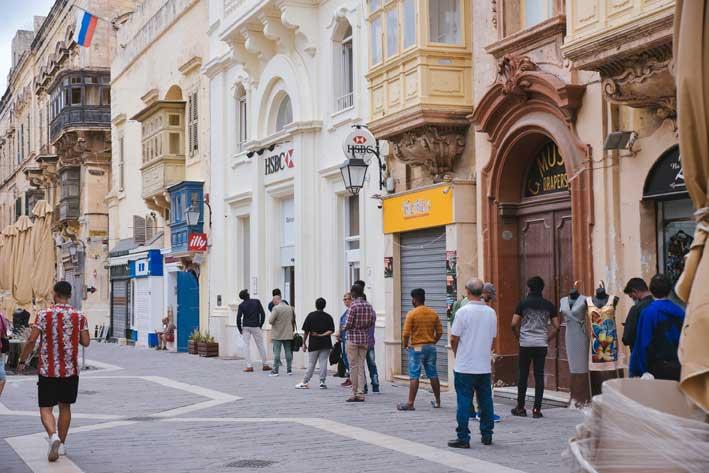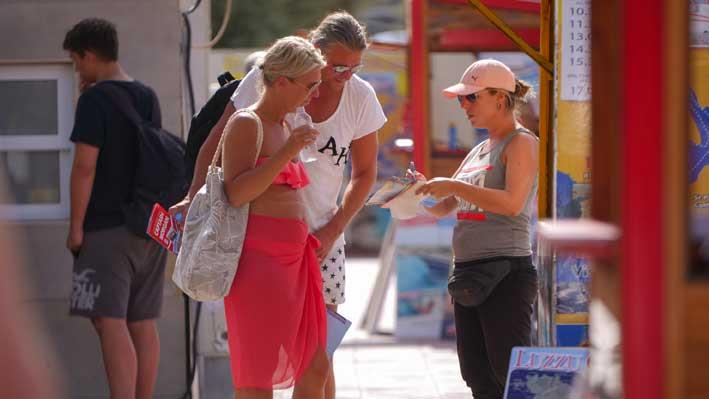The resumption of Parliament after the summer holidays brings with it the presentation of the government’s plans for the following year, succinctly referred to as the budget.
For the past years, Finance Minister Edward Scicluna was always in a good mood as he informed the country about surpluses, no additional taxes and a general overall well-being of the country, one of the few in Europe where growth was being registered, unemployment was at a minimum, tourism was reaching record levels every year and investment was booming.
Nothing was said in successive budget speeches about the corruption, malpractices and scandals that were hitting the government time and again. References were made to attempts to secure better governance and an improved rule of law but, then again, the presentation of the budget is not the perfect platform for such matters.
The government knew the country was watching, and the exercise in self-promotion was used to highlight the achievements and as a way to mask all the problems that were afflicting the country at the time. It did not manage to brush them aside or eliminate public protests and criticism about situations not related to the country’s financial performance, but at the end of the day the budget did serve as a tonic, and by and large constituted bodies were positive in their reactions.
This year, which is incidentally also the first budget to be presented with Robert Abela as Prime Minister, it will be a different story. When Scicluna presented the budget for 2020 in October last year, nobody had ever heard the word Coronavirus or could imagine the extent of the damage it was going to cause. Malta planned to head towards greener pastures in terms of economic growth, production, employment and investment. But, as we all know, 2020 has turned out to be a unique, bizarre year which has changed our lifestyle, and definitely shook the foundations of the economy around the word, not to mention the impact on our collective health.
Malta was not spared, and the government immediately took action to protect businesses and employment, mostly through handing out wage supplements to aid the private industry as well as postponing the payment of taxes. Jobs were lost, in particular in the tourism and entertainment industry which suffered the most in the circumstances, given that for three months no travelling was allowed and restaurants were closed. Many other jobs were saved, but the more time passes, the more companies struggle to make ends meet, even because the Coronavirus is not loosening its grip.
So what should we expect and what is needed in the budget for 2021?

Health
The argument that has dominated debates on the spread of the virus has always been whether health should be given priority over the economy, or vice-versa. In the first half of the year, during which Malta (like other European countries) was dealing with the first cases of the pandemic, drastic measures were taken to limit the damage as much as possible.
Shops other than those providing food, drink, medicines and other necessities were closed. Schools were also shut down and the scholastic year declared completed in March. We could not meet in groups of more than three. These and other rules were put in place, and we all know the personal hardships we had to endure.
Health was given more importance than the economy at the time, maybe in the hope that the crisis would have been short-lived. But it was soon realised that the economy could not have remained shut for long, and gradually Malta was reopened to business, airport included. Other countries were doing the same. Covid-19 did not go away, and the reopening to business inevitably led to a sharp increase in cases, and unfortunately a surge in the number of deaths too.
But, in the second half of the year, and although the numbers were bigger and led to more deaths, there was no closure; only restrictions, not as tight as they were earlier, mostly related to mass gatherings. However, the pressure on the health services that was feared in the early stages of the pandemic – and which did not materialise – is starting to be felt now. Few people required hospitalisation because of Covid-19 between March and June, but this has changed in the past two or three months, and the pressure is expected to increase with the onset of the influenza season.
There was a time when a prefabricated hospital was on the cards, but the decision was later reversed when the numbers between March and June remained manageable. Maybe today the government is regretting that reversal. By now, the hospital would have been built. It’s no use crying over spilt milk, but what is sure is that the government must be prepared – and must show that it is prepared – to deal with a heavier influx of patients over the cooler months.
This is why the government should give great attention (read: expenditure) to the health sector. Not only when it comes to investing in equipment – we already know that millions have been spent to prepare the hospitals – but also with regard to human resources. Doctors, nurses, paramedics and other staff, the front row of the front-liners, need to be given the right support. Gratitude – and applauses from balconies – is psychologically boosting, but remuneration and other forms of assistance are certainly more motivating.

Economy
The economic shutdown between March and June of course had a negative impact on business. Shops which are closed cannot sell. People whose wages were cut have less spending power and, even if they could use some of the money they earned for entertainment purposes and other personal needs, they had nowhere to spend it. Some resorted to buying more online; those who liked it repeated the experience which, again, meant that local businesses lost their custom.
The government alleviated some of the difficulties through a series of incentives that included paying part of the wages of employees in the private sector. This started off for the period up to June, but was later extended to October. We now know, from the Prime Minister, that it will be protracted further. Maybe the budget will announce a change in the system, or a modification in the maximum amount the government has offered up to now.
Constituted bodies are known to have suggested an extension to at least March, half a year away. Maybe it’s too long a period of time and the government would want to keep its options open. But, as things stand now, it is clear that the government must continue to sustain the private sector. Otherwise, the risk of more people losing their job increases. And then the government would have to pay their unemployment benefit anyway. It’s better to keep workers productive, rather than paying them for being on the dole.
There is also talk of a second round of vouchers to be distributed. Again, this would be helpful to both individuals and to business, as happened in the first instance, the deadline of which is the end of October. In spite of the circumstances, many Maltese will still celebrate Christmas and the New Year, and so perhaps it would be a better idea to have the new voucher system valid for what are known to be leaner months, between January and March. In this way, people would still spend during the Yuletide festivities but then sustain business in what would otherwise be a low season, given also that the tourism industry will take long to pick up.

Tourism
Speaking of tourism, it is a known fact that many people have decided to put off their travels, given the hassle one needs to go through, restrictions and fear of contagion. This has obviously led to fewer visitors coming over for their holidays, and even business occasions have been reduced, also because it is now technologically possible to meet via the internet.
The budget could perhaps be a time when the government announces some initiatives – which would then need to be market properly in our main markets – that would serve to attract more tourists to Malta. More tourists would mean more occupancy rates in our hotels, and therefore fewer jobs on the line.
Such initiatives could include subsidised public transport and reduced fees for entry into museums run by the government and its agencies. Offering them free flights, as MHRA president Tony Zahra is suggesting, would however be too much and this proposal should not be taken on board.

Taxes
At a time when the economy is struggling and businesses are finding it hard to make ends meet, no taxes are expected in this budget.
There will come a time when the government will seek to recoup its dues and possibly even recover what it has given out in hand-outs. But now is certainly not the time to do it. The government has gone on record saying that there will be no taxes on the 2021 budget, and we expect it to stick to its word.
If anything, the government should announce the extension of the moratorium for the payment of VAT, NI contributions and provisional taxes. As things stand now, the deadline for these payments is May 2021, and it would go a long way to help businesses if this is extended to December 2021.
Added to this, the corporate tax rate should be brought down from 35% to 25%, taking it closer to the European average which is just over 20%. Again, this would help company cash flow and allow companies more breathing space.